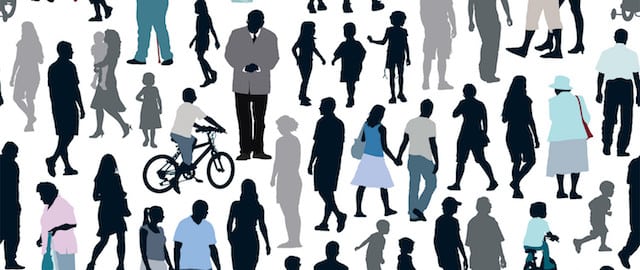
Epidemiology is the study of health and diseases within a defined population. This includes analyzing factors that contribute to health problems and disease occurring and spreading and using those conclusions to create treatment plans and strategies for prevention. With an MPH in Epidemiology, you will have a variety of career opportunities. You could work conducting research at a university or government agency, or you could have a career that allows you to apply research findings to create better health outcomes. For the latter, you’d likely work in a local government or other organization directly involved in public health.
The minimum educational requirement to pursue a career as an epidemiologist is a masters degree. The most common degree that aspiring epidemiologists obtain is an MPH in epidemiology. Government agencies, universities, research centers, scientific consulting agencies, health departments, and hospitals all are places where you could find work as an epidemiologist. The core purpose of an epidemiologist remains the same regardless of where they may be employed, and that is to reduce the risks and prevalence of negative health outcomes in a community. Research, community education, and health policy are all specific areas that you could pursue with your MPH in Epidemiology. The projected growth rate for epidemiologist careers is 9%, as reported by the Bureau of Labor Statistics. The BLS also reports that the average annual salary of an epidemiologist is $69,660 or roughly $33.49 per hour. As you’re studying, you can choose what aspect of epidemiology you would like to put at the center of your career and participate in specific electives that will expand your skills and prepare you to enter the professional world.
The majority of epidemiologists are employed by state and local governments, accounting for 53% of all jobs. Depending on where you seek employment, your day to day tasks might vary, but the essential responsibilities of an epidemiologist tend to be pretty uniform. Epidemiologists usually plan and direct studies of public health problems to determine possible methods of treatment and prevention; collect data through observations, interviews, surveys, or by testing samples; and analyze data to determine the cause of a particular disease or health problem. They also present conclusions based on their research to the public, policy makers, legislators, or health practitioners; manage public health programs through planning, evaluation, and innovation to promote positive health outcomes and; supervise other personnel.
Epidemiologists working for a government agency may find themselves regularly conducting research and analyzing it to determine the efficacy of public policy or influence new policies. They will often work in community health education outreach and data collection through surveys. Epidemiologists working in private industry, such as for a health insurance or pharmaceutical company, will focus on conducting research and presenting solutions to common problems within those areas. There is space for epidemiologists in the nonprofit sector, related to public health advocacy, but it is uncommon for epidemiologists to be advocates as research is intended to be completely unbiased.